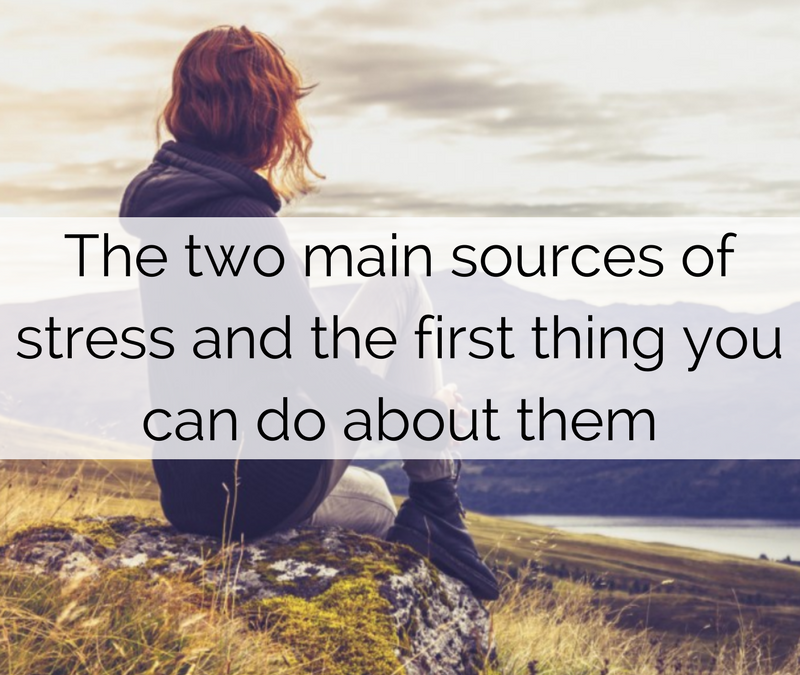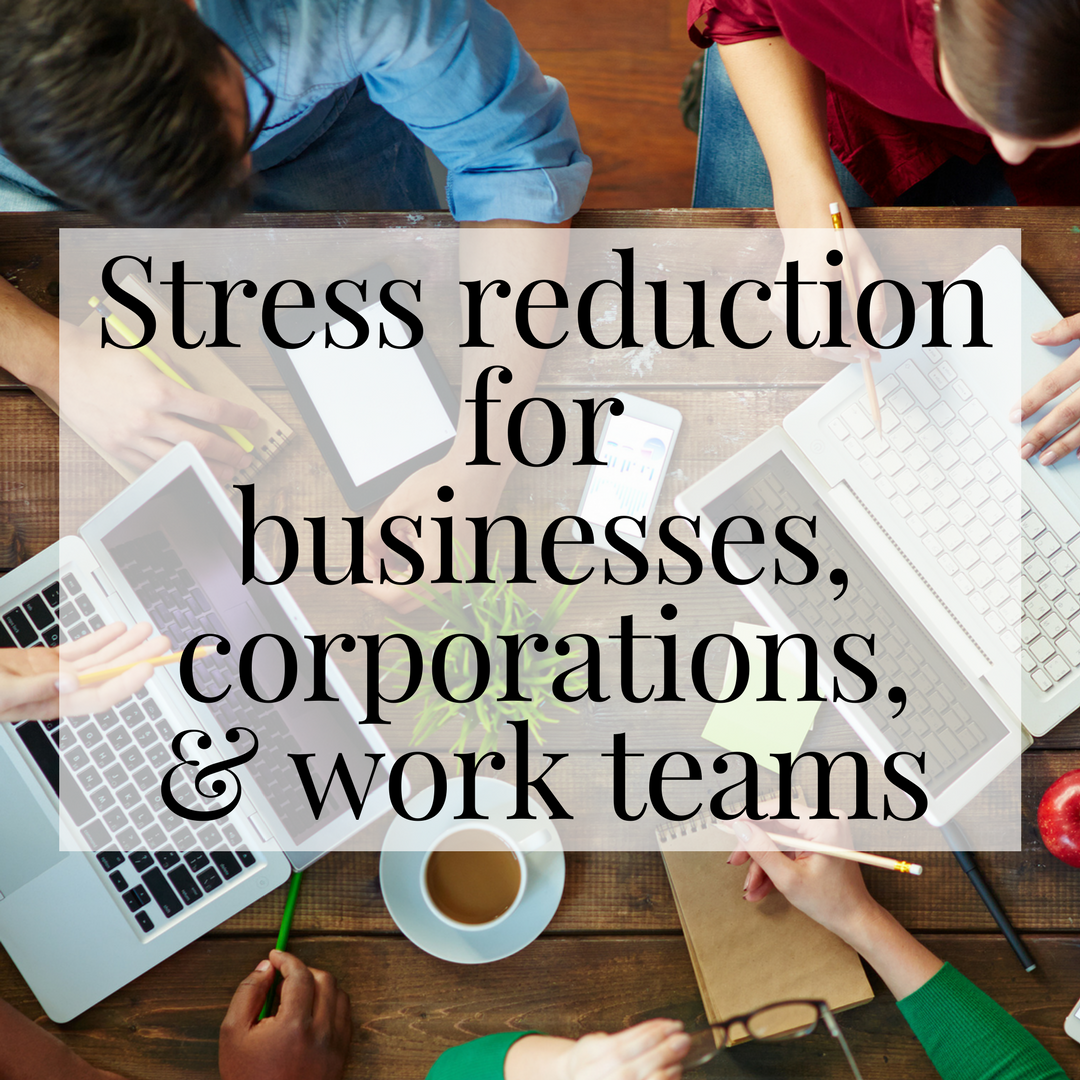Stress is at an epidemic level in many countries. If you feel it like most people, it’s important that you understand the two main sources of stress and what you can do about them.
Nearly nine million adults in the U.S. are stressed, anxious, and depressed. In fact, the American Institute for Stress indicates that 75-90% of doctor visits are for concerns related to stress.
That’s a lot of people, a lot of doctor appointments, a lot of time, and a lot of money. All because of stress. When you better understand stress, you’re more equipped to limit it from affecting your life – saving time, money, and adding much more happiness to your bottomline!
Just like your fingerprint, your stress is unique to you. The most important thing to understand about YOUR stress level is to better understanding your sources of stress.
There are both psychological and biological causes of stress.
The main cause of psychological stress began as real, possible threats to our safety. A very long time ago, we had the fight-flight-freeze response if we were threatened, say, by a fierce tiger. An important response to say the least. Those threats lessened as we created many ways of staying safe.
Our fight-flight-freeze response, however, has moved to issues we perceive to be threats. These things won’t actually kill us, like the fierce tiger, but they’ve become things we react to in a very similar way as a true threat. We react in our behaviors (yelling, crying, withdrawing), but our body also reacts in autonomic ways (heightened blood pressure, clenched fists, stomach aches). Such a fight-flight-freeze response can come up many times a day over things such as being stuck in traffic, a frustration with a co-worker, or the big bill we need to pay in order to fix our car’s engine.
The main causes of biological stress in our bodies are:
- An inflammatory diet high in sugar, salt, fat and refined grains
- An inactive lifestyle
- Vitamin D deficiency
- The depletion of an important bacteria that live inside us but have been lost through sanitation and medication
- The endless choices we now have about careers, relationships, and social
- Near constant distraction from a variety of media, especially those exposing us to violence, idealized body types, and superficial idealized lifestyles
For most people, these two sources of stress feed off one other in a somewhat vicious cycle, so it’s no surprise we’re living with high anxiety, poor sleep, ulcers, and short emotional fuses.
Take a moment right now to think about your situation.
→ What happens in your day-to-day life that results in a stress response?
→ What happens at home?
→ At work?
→ What happens within you (feeling anxious because you’re running late again)?
→ What happens in relationship to others (your boss giving you more work at 4:45 and saying it’s needed by tomorrow morning)?
→ Look over the list of biological stressors. Which do you feel affect you?
The very first thing you need to do, if you want to reduce stress in your life, is figure out how it’s entering your life.
Spend a week tuning in to your stress levels. As you go through your day make note of any time a stressful thought or emotion arises, then note why. Ask yourself, ‘What happened or what did I think about that caused me to feel anxious?’ I realize this might seem tedious, but it’s worth it. You need this information so you can make changes that will WORK for YOU.
Once you’re ready to make some changes to your behavior and thoughts, then you need a game plan. It must include behaviors to keep stress low on a day-to-day basis (i.e. meditation, exercise, breath work, etc), and choices to change chronic stress-inducing activities (i.e. getting more sleep, learning how you can ignore your irritating co-worker, having a conversation with your significant other about how you can work together to reduce stress, etc)
If you live in West Michigan, I provide corporations and businesses with stress reduction training. I’d love to come to your place of work.
My training is very unique which makes is very effective. If you or someone know would like to learn more, please use the link below to get in touch with me.
Next week I’ll give you seven questions to ask yourself when you’re feeling stressed or anxious.
Cheers to more calm,
Shannon
Life can be a bit stressful at times, that’s why learning how to remain calm is so important – meditation is the best path to that inner peace.
Want to learn how? Sign up below to learn more about my course, Meditation 77 – coming soon!


